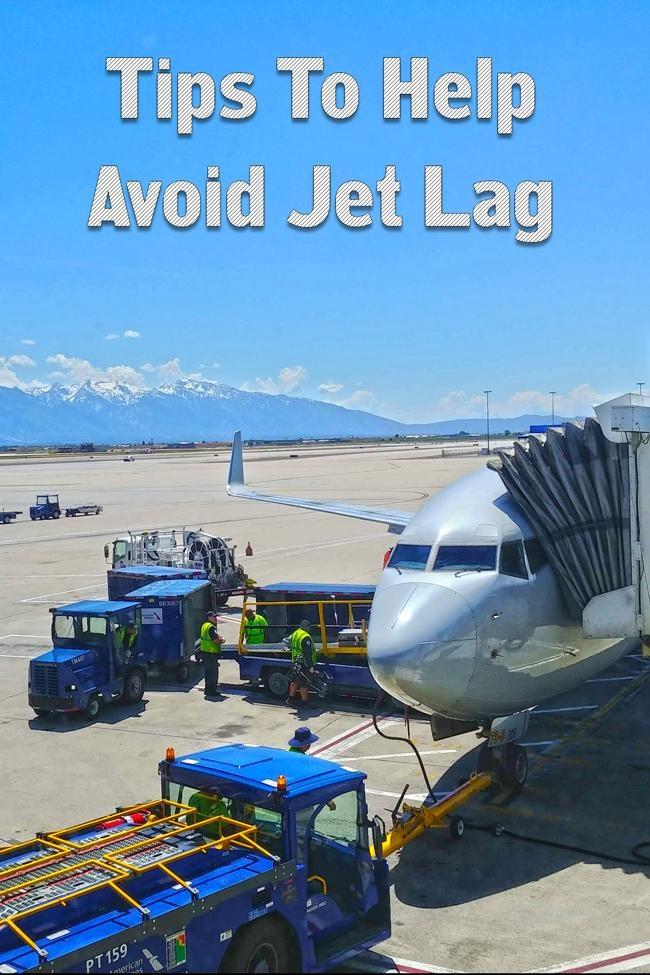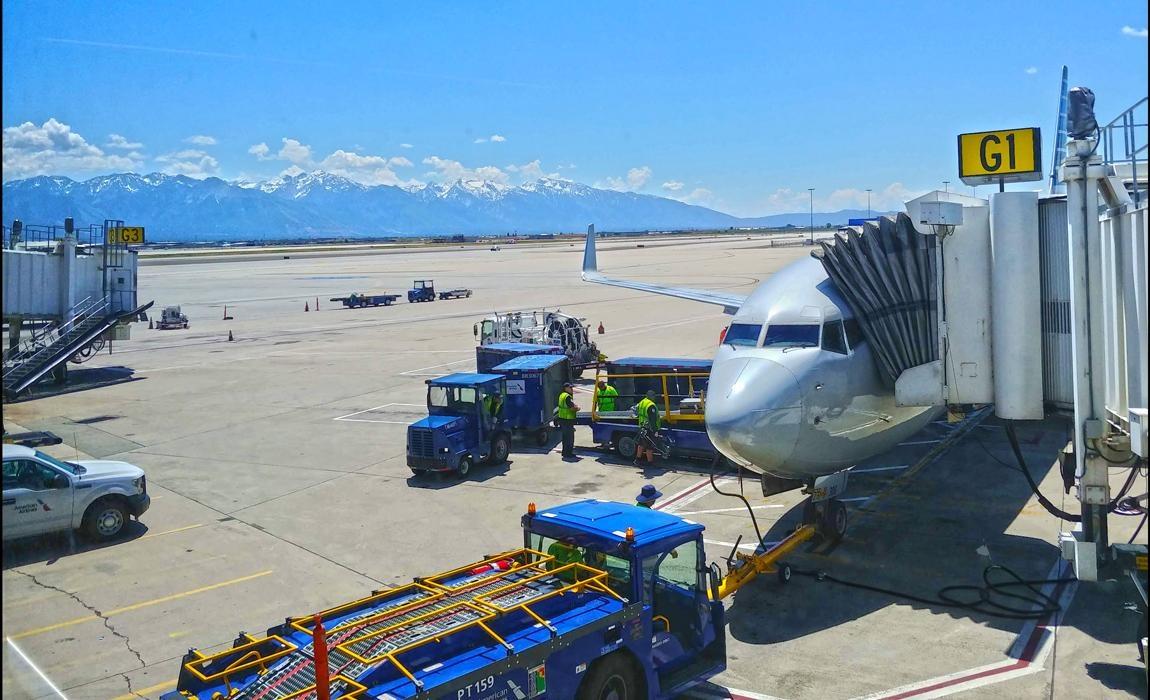Dealing with jet lag is one of the worst parts of traveling for me. When I was younger, my body adjusted quickly. Today, though, it gets all sorts of confused, and I end up being a mess for a day or two on either side of my trips. Traveling to a different time zone can completely disrupt your normal circadian rhythm, making it difficult to go to bed and wake up. This disrupted sleep pattern can affect your concentration and mood - and all too often, by the time you adjust to the new time zone, it’s time to go home and deal with jet lag all over again.
What Do You Call Your "Guys Trips"?
- To avoid jet lag, start adjusting your sleep schedule to the destination's time zone before you leave.
- Resist the urge to nap during your flight and after landing to help your body adjust to the new time zone.
- Exposure to natural sunlight helps regulate your sleep-wake cycle and ease the effects of jet lag.
- Stay hydrated by drinking plenty of water and avoiding alcohol and caffeine during your trip.
- Limit blue light exposure before bed by avoiding screens or using night mode on your devices.
Not only are there legitimate biological causes of jet lag, but there's social ones as well. For instance, my wife calling at 9 pm before she goes to bed in California is keeping me up midnight Pacific time when I have a meeting at 7 am ET the next morning. Although it’s inevitable that traveling to a different time zone will have some effect on your sleep, it doesn’t have to make your trip miserable. Follow these tips from doctors and road warriors who have traveled millions of miles all around the world and enjoy your journeys with no more jet lag.
Start Before You Leave
Before leaving for your trip, adjust your sleeping schedule to the new time zone as much as possible. While going to bed earlier than usual when you’re traveling from the west coast to the east might feel strange, you’ll have an easier time falling asleep during your trip, and won’t struggle to wake up at a reasonable hour. Try heading to bed 30 minutes earlier than usual, starting a week or two before your trip, and gradually add time until you’re sleeping on a schedule close to that of your destination. When you arrive, do your best to follow the natural rhythms in that time zone, and avoid staying up too late and sleeping in.
In any case, try to get plenty of sleep before your trip. Starting off sleep-deprived will only make the symptoms of jet lag worse.
Resist the Urge to Nap
This is bad news for those who like to sleep during long flights. Taking that time to get some shuteye is going to make it harder to adjust to a new time zone when you land if it’s daytime there. You’re better off to force yourself to stay awake (bring a book or watch a movie to pass the time instead) so you can counteract some of the changes to your circadian rhythm and create an irresistible desire to sleep at bedtime. If it’s nighttime where you’re headed, though, don’t worry about sleeping, as you can head to bed as soon as you arrive.
Another solution here though is what I do - and it's probably not the correct solution but I'll share it anyhow. Since most flights headed East from San Diego depart super early in the morning, I just stay up the night before. Then I take short naps on the plane so that I can function ... but still leaving me tired enough that my need for sleep overpowers my resistance from my body telling me that it isn't time yet. That's works better heading East than West but it's what I do to cope with 6:20 am boarding times.

This also means staying awake once your plane lands. After a long day of traveling, it’s tempting to refresh with a snooze. After all, that hotel bed just looks so comfortable. Try not to give in, though. Taking a midday nap in a different time zone will completely disrupt your sleeping pattern and make it even more difficult to fall asleep later. Even worse, you’re likely to wake up groggy and disoriented. If you just can’t keep your eyes open at all, take a short power nap, and set an alarm so you don’t sleep longer than two hours.
Follow the Sun
Your natural sleep and wake rhythms are closely tied to the sun. Humans are naturally designed to sleep when it’s dark and be awake when it’s light. According to the Mayo Clinic, when you’re traveling westward, exposure to evening light can help you adjust to the earlier time zone. When you travel east, exposure to morning light will help you wake up earlier. The exception is when you travel more than eight time zones in either direction. Then you should reverse the recommendations; i.e., get evening light when you head east.
Stay Hydrated
Dehydration can make it harder to fall asleep -- not to mention cause headaches and a host of other problems -- so drink plenty of water before, during, and after your flight. Even though alcohol is free for me when I get upgraded, I still try to avoid it. Alcohol, which is dehydrating, and caffeine, which will both dehydrate you and keep you awake. Instead, I like to take a reusable water bottle with me when I travel and fill it up in the airport so I always have something to drink.
Avoid Blue Light Before Bed
Blue light - the light emitted by screens from tablets, smartphones, televisions, etc.- can disrupt your sleep patterns at home, but the effects are even more pronounced when you’re dealing with jet lag. Avoid looking at screens for at least an hour before bed to avoid disrupting the natural production of melatonin, or turn your devices into night mode to eliminate blue light.
Yes, You Can Minimize Jet Lag and Quickly Recover!
Avoid Jet Lag and Recover Quickly by adjusting your sleep schedule before travel, staying hydrated, and managing light exposure.
Jet lag can be a challenge, but men struggling with it aren't alone. To minimize its impact, start adjusting your sleep schedule before traveling, resist the urge to nap upon arrival, and prioritize exposure to natural light. Staying hydrated and limiting blue light before bed can also help you recover more quickly and maintain your energy throughout your trip. By following these strategies, you can enjoy your vacation without being weighed down by sleep disruptions.
Jet lag isn’t anyone’s favorite part of traveling, but when you’re ready for it, and take steps to prevent it, you can avoid too much disruption to your sleep and stay as close to your normal sleeping schedule as possible.
